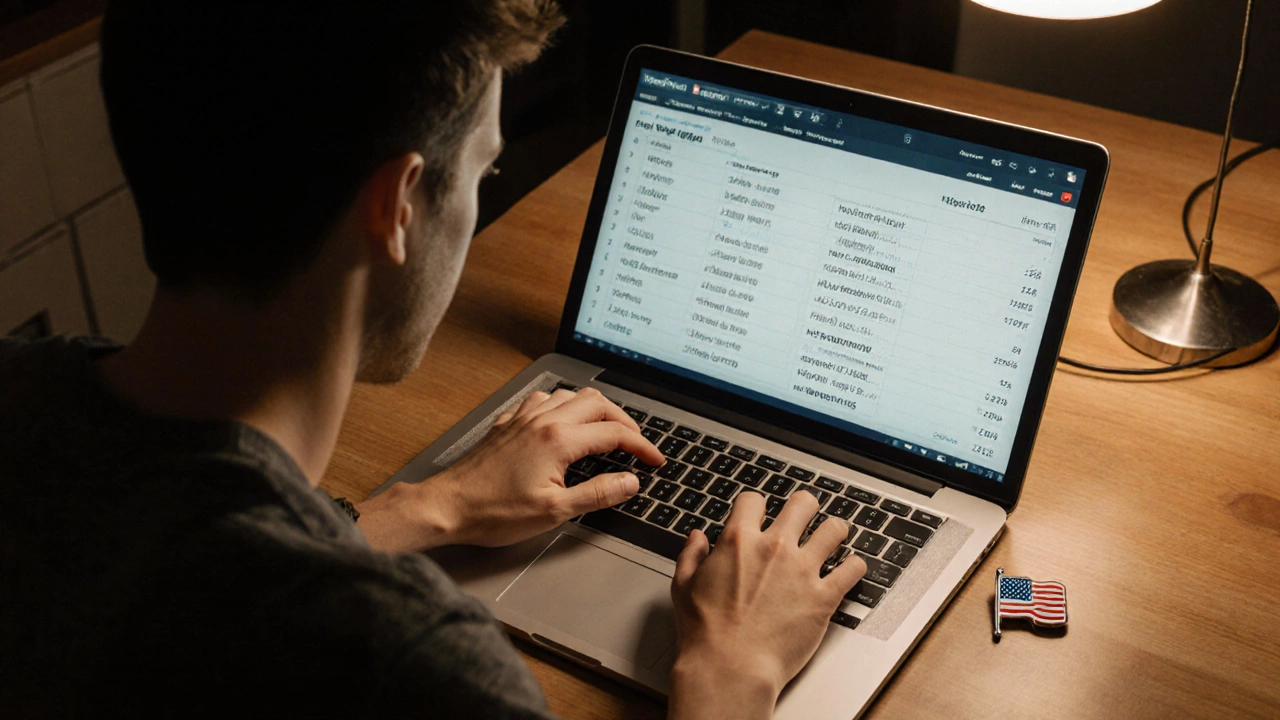Virginia Court Date Lookup
When working with Virginia court date lookup, a way to find the scheduled date of a court case in Virginia through online portals or public records. Also known as VA case date search, it helps parties, attorneys, and the public stay informed about upcoming hearings. Virginia Judicial System, the network of state and local courts that handle civil, criminal, and administrative matters provides the backbone for these searches, while Public Records, documents that are open to anyone under state law ensure the information is transparent and accessible.
Why use an online court date lookup?
Most people think they need to call the clerk’s office or show up in person, but the internet has changed that. An online portal lets you pull up a case’s docket 24/7, check the next hearing date, and see if any motions have been filed. This saves time for attorneys juggling multiple files, litigants who can’t afford a day off work, and self‑represented parties who need clear guidance. The system links directly to the case status field, so you instantly see whether a hearing is set, postponed, or canceled.
Getting the right date is more than a convenience—it can affect the outcome of your case. Missing a scheduled hearing can lead to a contempt citation, a default judgment, or a forced reschedule that pushes a settlement timeline back weeks. Knowing the exact date lets you prepare documents, line up witnesses, and avoid costly penalties.
Privacy worries often arise, but Virginia’s open records law balances transparency with personal data protection. While docket entries, dates, and case numbers are public, sensitive details like social security numbers or medical information are redacted. This means you can trust the portal to give you the facts you need without exposing private data.
Modern tools go beyond a static web page. Many apps now push Virginia court date lookup alerts straight to your phone, sync the date with your calendar, and even send reminders a day before the hearing. This real‑time notification system reduces the chance of human error and keeps everyone on the same page.
Of course, the system isn’t perfect. Occasionally the database lags behind a recent filing, showing an outdated date or missing a newly entered motion. If you spot a discrepancy, you can request a correction through the clerk’s office or use the online “Report an Issue” link. Most courts update their records within 24‑48 hours after a change is entered.
If you prefer a human touch, the clerk’s office still offers phone support and in‑person assistance. A quick call can verify a case number, clarify a docket entry, or provide a printed copy of the hearing notice. This is especially useful for older cases where the online record might have been archived.
Understanding how the lookup works also helps you navigate related concepts. A case number is the unique identifier you need to start any search, and the docket is the chronological list of all actions taken in that case. The next entry on the docket is usually the hearing date, labeled as a motion hearing, trial date, or status conference, depending on the matter.
In short, the Virginia court date lookup is a key part of the state’s effort to make justice more accessible. Whether you’re an attorney tracking dozens of clients, a litigant preparing for a single hearing, or just curious about a public case, the online tools give you fast, reliable access to the schedule you need.
Below you’ll find a curated set of articles that dive deeper into related topics: from how to interpret a docket entry, to tips for using the VA court portal, and common pitfalls to avoid when checking case status. Use these resources to become more confident in managing your legal timeline.

How to Check If You Have a Court Date in Virginia
Learn step‑by‑step how to confirm a Virginia court date using online searches, phone calls, or in‑person visits. Get tips, pitfalls to avoid, and a handy FAQ.